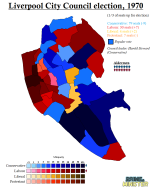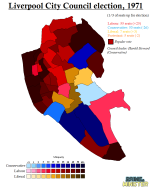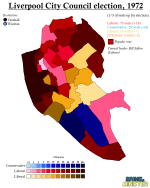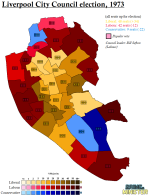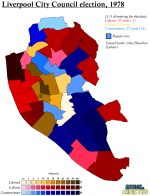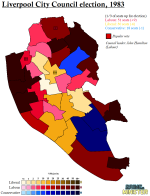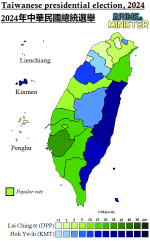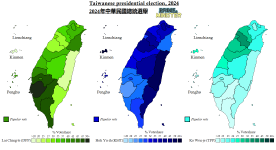Sometimes you just stumble on the resources to make a map in an evening and have to do it.
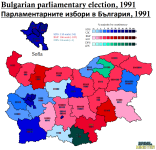
It turns out everyone's favourite country that shares its name with a Womble has fairly easily accessible results online for its elections (well, I did have to track down a Cyrillic webpage to find how the seats were allocated, but still), and a good map of all the constituencies which have been the same since 1991, but hasn't really been mapped much. So, behold!
The 1991 election was the first under Bulgaria's current constitution, promulgated three months before in June, and the second to be held after the end of Communist rule. The first such election had been held to elect a Constituent Assembly the previous year, and used a mixed electoral system where half the members were elected in single member constituencies and half by PR; it sounds interesting, but I don't really have any leads on the constituency boundaries or a breakdown of the results.
So instead we're starting with 1991, the first election to the modern National Assembly. It was reduced from 400 seats for the Constituent Assembly to 230, and the electoral system was changed from mixed-member to pure PR, with members elected by oblast (aside from Plovdiv, which was a separate constituency from its oblast, and Sofia, which was split into three constituencies along with a fourth for the rest of the oblast) by the D'Hondt method, with a 4% national threshold. Aside from the 2009 election, this is the method that's been used for every Bulgarian election since.
In 1990 the
Bulgarian Socialist Party (Българска социалистическа партия, BSP), the rebranded Communist Party, had won an overall majority, but its leader Andrey Lukanov soon became unpopular. He and the reformist wing of the party had elbowed out Todor Zhivkov after he had ruled the country for 35 years, and despite the democratising reforms, it quickly became clear Bulgaria's economy was not only corrupt but collapsing thanks to its big consumer goods deficit. The fact Lukanov was buddies with Robert Maxwell certainly didn't help lessen that impression.
Lukanov finally resigned amidst a general strike and protests, and a new technocratic government was formed by independent judge Dimitar Popov, the first non-Communist Bulgarian PM in 44 years. His government's purpose was basically just to get the constitution hammered out and then hold a new election, and brought the non-Communist parties into power- the
Union of Democratic Forces (Съюз на демократичните сили, СДС/SDS) and
Bulgarian Agrarian National Union (Български земеделски народен съюз/BANU)- with the implicit support of the BSP.
Both the BSP and SDS had popular dissidents in charge. On the BSP's side was Aleksandar Lilov, a former Politburo member expelled in the early 1980s who moved to Britain, returning on the then-BCP's request. He was an outspoken reformist, having criticised Zhivkov for economic mismanagement (which was why he was expelled), denounced the Revival Process and its assimilationist oppression of Bulgarian Muslims, and had the BCP transition into the BSP and renounce Marxism-Leninism in favour of democratic socialism. The downside was that liberals wanted him gone as a vestige of the Communist regime, though I imagine he had a certain amount of popularity among those nostalgic for the regime's economic stability compared to the uncertainty of the early 90s.
On the SDS side, you had Philip Dimitrov. Dimitrov was also an unusual character, a law graduate, attorney and psychotherapist who'd become vice-president of the Green Party when it was founded in 1989 and helped break the secret police's sealing of their files, contributing to them being abolished. Under his stewardship, the SDS was able to position itself as a modern and moderate alternative to the BSP, with an indication it would continue the privatisation and market-opening reforms the Popov government had tentatively begun.
This was the central battle line the two parties fought the 1991 election on, and interestingly, despite dominating the seats only 67.5% of Bulgarians voted for them. A further 7.55% went for the
Movement for Rights and Freedoms (Движение за права и свободи
Dvizhenie za prava i svobodi, ДПС/DPS), the party of Bulgaria's ethnic minorities (particularly Turks), and the other quarter of the vote was messily distributed between a series of small parties that all failed to cross the 4% threshold. The largest of these was the BANU, which took 3.86% of the vote, but seven parties won at least 1% of the vote and came home empty-handed.
The SDS formed a coalition with the DPS, forming the first Bulgarian government not to contain figures associated with the Communists since the end of the Secold World War. I think it also technically made Dimitrov the first person associated with a green party to become head of state anywhere in the world, too, but don't quote me on that (especially because he wasn't part of the Green Party by this point anymore).



